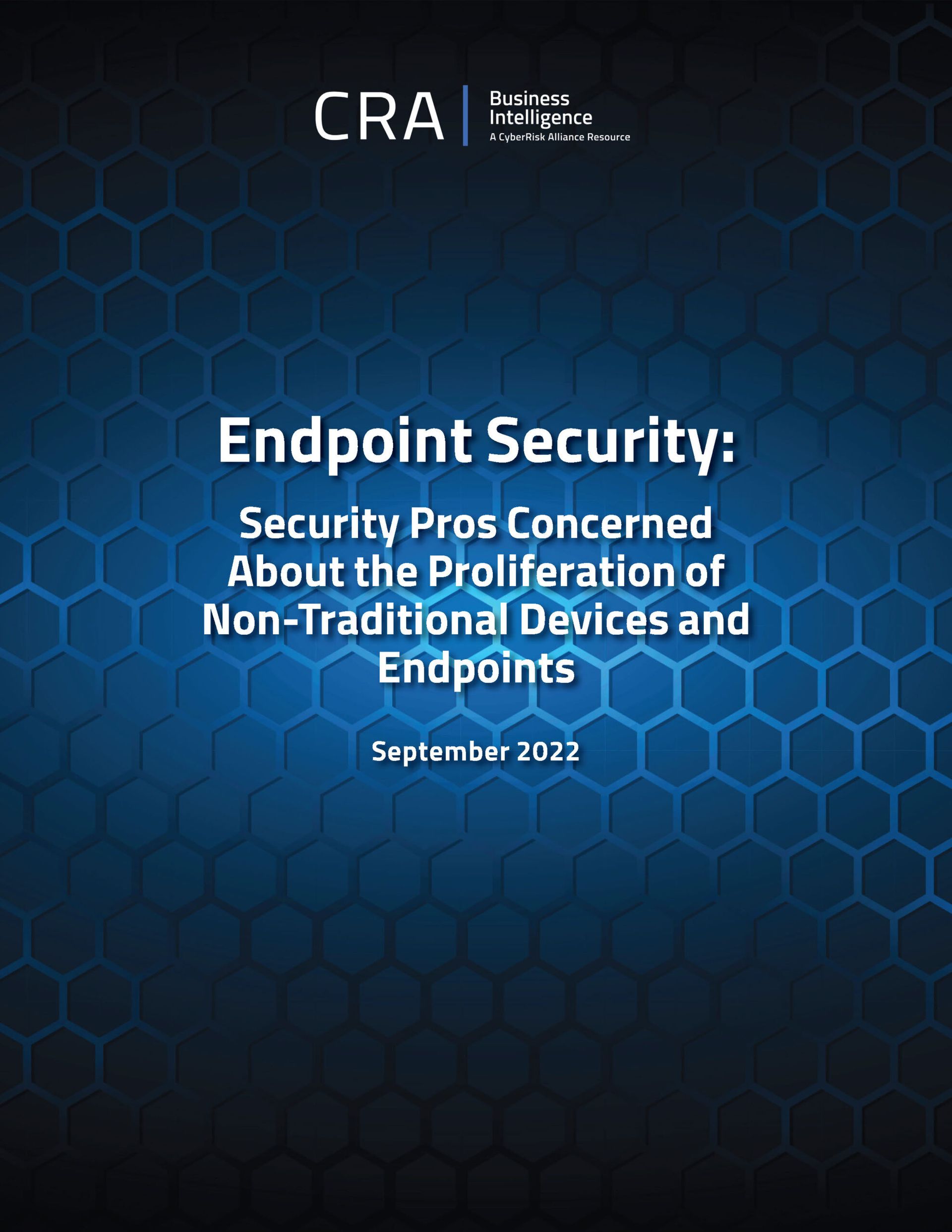Discussion Topics
The widespread shift to work-at-home environments and the proliferation of non-traditional endpoints has had a moderate to high impact on the number of enterprise-related security breaches (41%) since 2020, according to a survey conducted by CRA Business Intelligence, the research and content arm of the cybersecurity data and insights company CyberRisk Alliance.
Non-traditional endpoints, such as mobile devices, IoT (Internet of Things), OT (Operational Technology), and even critical infrastructure — all with varying operating systems, versions, and patch levels — have made managing the inherent security risks difficult and complex.
The survey also reveals that organizations are struggling to obtain a holistic view of all the devices and their vulnerabilities, and to mitigate and fix vulnerabilities to manage risk and ensure compliance. The report, based upon the responses of 204 security and IT leaders and executives, security administrators, and compliance professionals based in the United States, indicates that these devices pose a large attack surface and, in fact, can be the riskiest devices connected to corporate networks.
Download the report to:
- Gather insights on the impact that mobile and other non-traditional endpoints have on enterprise-level security.
- Learn how device security strategies are advancing along with the vulnerabilities and security concerns that have been exacerbated by the remote workforce.
- Receive advice on possible endpoint security strategies and programs, and their effectiveness.

